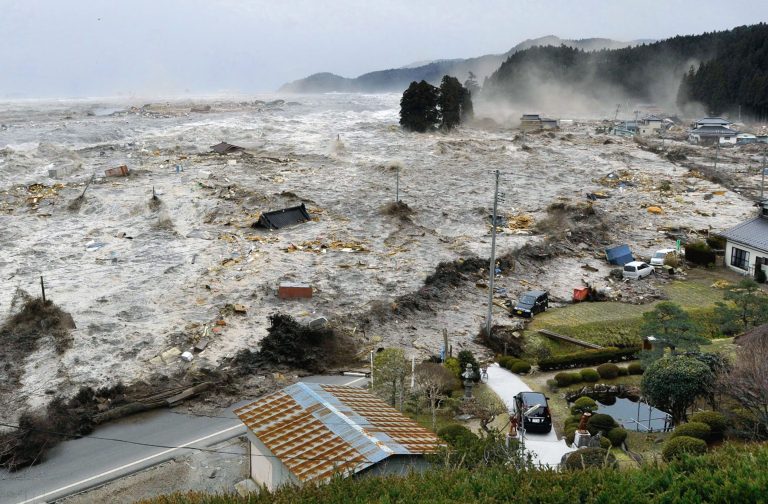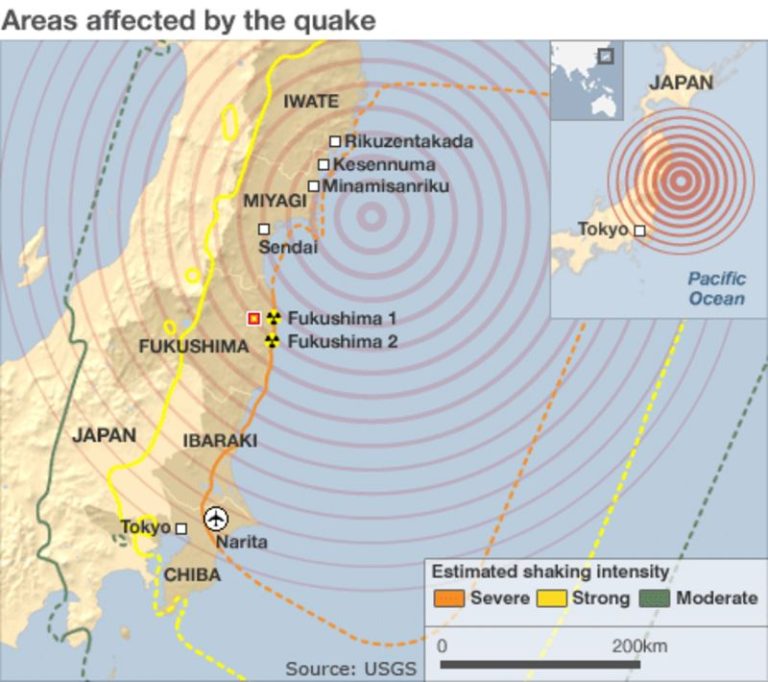In a critical medical situation, the Hospital Authority (HA) in Hong Kong is urgently seeking liver donors for two patients fighting for their lives at Queen Mary Hospital. These patients are experiencing severe, life-threatening organ failures that underscore the vital importance of organ donation.
The first patient is battling an extremely complex medical condition involving multiple organ systems. Currently in the Adult Intensive Care Unit and requiring a ventilator, this patient has fallen into a hepatic coma with devastating complications. Specifically, they are suffering from severe liver and kidney failure, complicated by hepatorenal syndrome and hepatic encephalopathy—medical conditions that dramatically reduce chances of survival without immediate intervention.
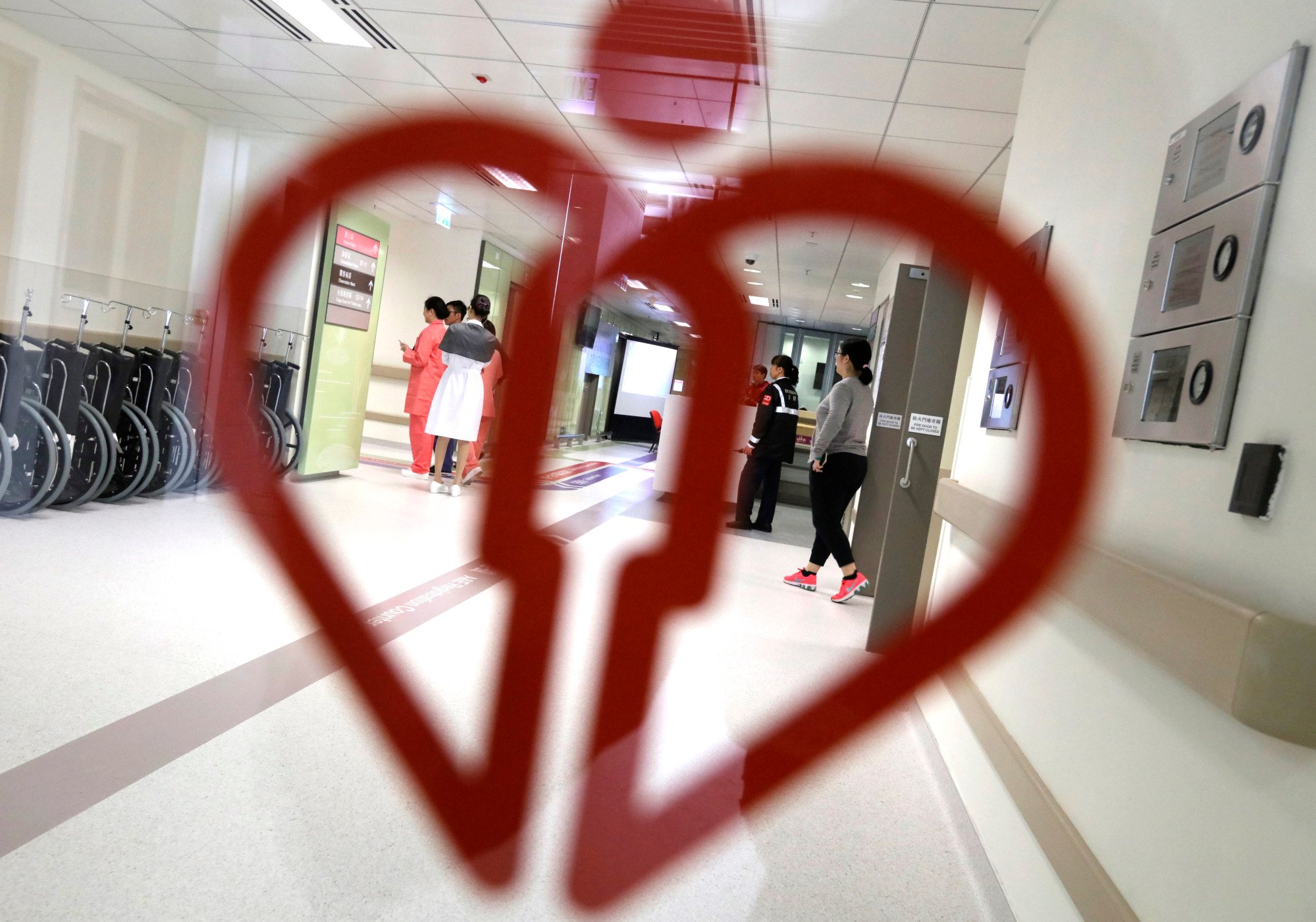
The second patient’s situation is equally dire, presenting with acute liver failure and severely compromised kidney function. Like the first patient, they have developed life-threatening hepatorenal syndrome, a condition where liver and kidney dysfunction create a dangerous, rapidly deteriorating health scenario.
Recognizing the urgency, the HA is pursuing multiple strategies to secure potential liver donations. Their approach includes an immediate local search for suitable organ donors while simultaneously preparing to seek cross-border assistance from mainland China. This cross-border organ donation mechanism allows for a coordinated process where deceased donors in mainland China whose organs cannot be used locally might be matched with critically ill patients in Hong Kong.
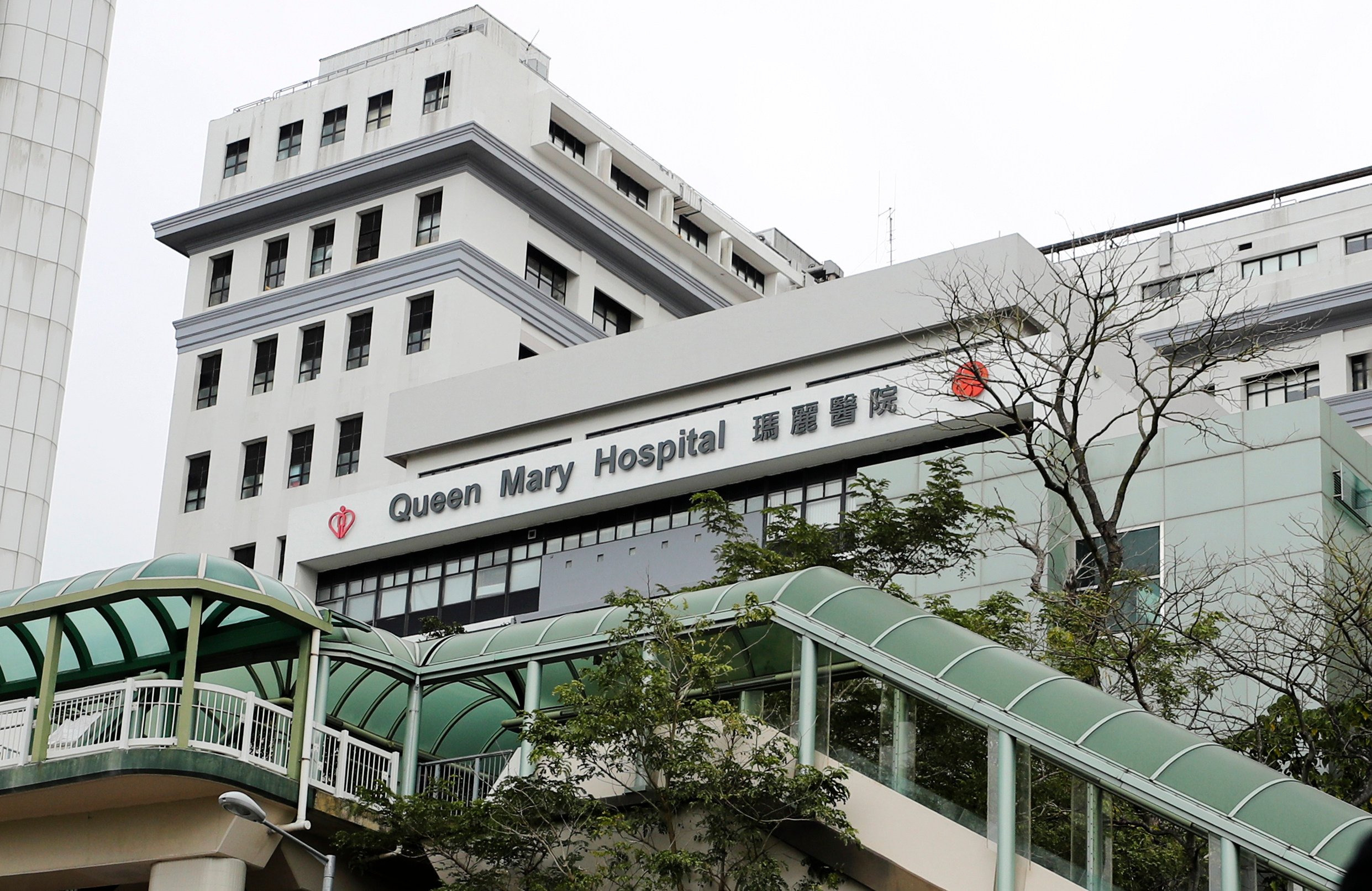
The HA has emphasized that any potential organ transplant will strictly adhere to established medical and legal protocols. Every step—from identifying a suitable liver to initiating transplant procedures—will be meticulously managed to ensure patient safety and regulatory compliance. The goal is to expedite the process while maintaining the highest medical and ethical standards.
This urgent appeal highlights a broader, deeply human narrative about organ donation. It’s a testament to how individual choices can transform—and potentially save—lives. When individuals or families choose to donate organs, they offer hope to those facing seemingly insurmountable medical challenges. For critically ill patients with organ failure, transplantation represents more than a medical procedure; it’s a second chance at life.

The Hospital Authority is not just seeking immediate donors but also raising broader awareness about organ donation. They encourage the public to consider this profound act of generosity—an opportunity to extend hope and potentially save lives even in moments of personal loss.
The complexity of these patients’ conditions—involving multiple organ systems, advanced medical complications, and critical care requirements—underscores the sophisticated medical interventions required in modern healthcare. It also highlights the extraordinary potential of organ donation to bridge seemingly impossible medical challenges.
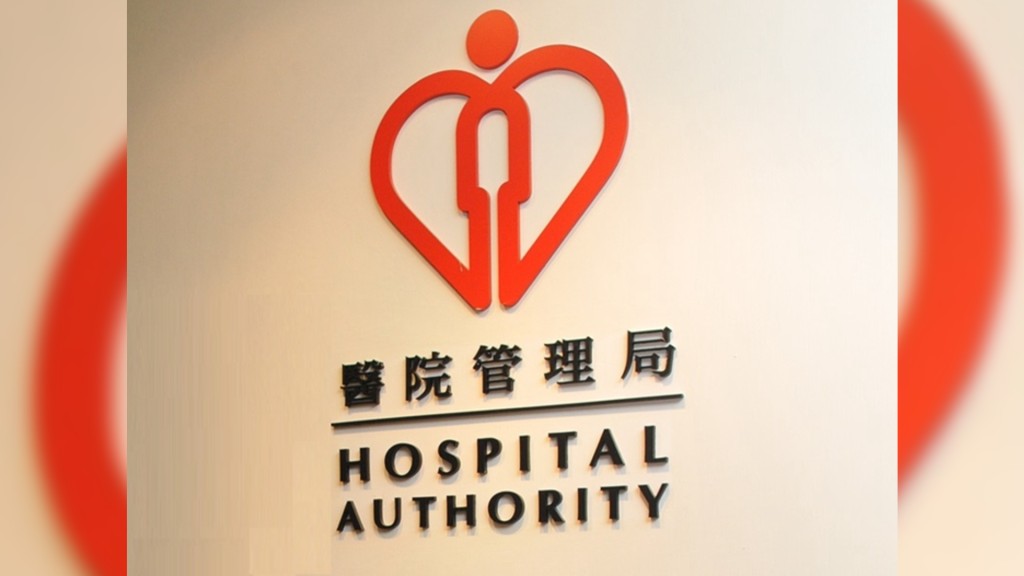
For these two patients, time is of the essence. Their survival depends on finding a compatible liver donor quickly and executing a precise, carefully coordinated transplant procedure. The HA’s comprehensive approach—combining local and cross-border search strategies, strict medical protocols, and a compassionate understanding of organ donation’s human dimension—represents a holistic effort to give these patients a fighting chance.
As the search continues, the medical team remains hopeful. Each potential donor represents not just a medical solution, but a profound human connection—an opportunity to transform tragedy into hope, and loss into life-saving potential.


